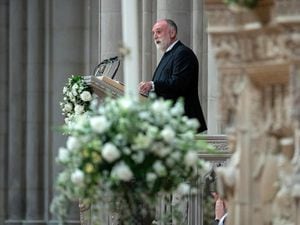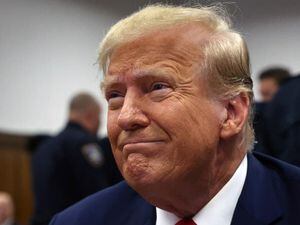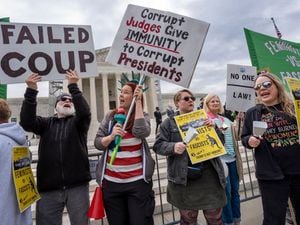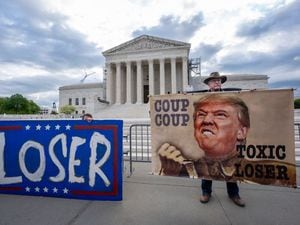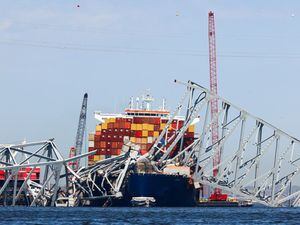Paris shuts up shop ahead of latest anti-government protests
Emmanuel Macron’s government has warned that Saturday’s ‘yellow vest’ protests could be the most dangerous yet after three weeks of demonstrations.
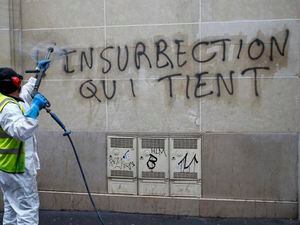
Prized Paris monuments and normally bustling shopping meccas have been locked down and tens of thousands of police are taking position around France, fearing worsening violence in a new round of anti-government protests.
President Emmanuel Macron’s government has warned that Saturday’s “yellow vest” protests in the capital will be hijacked by “radicalised and rebellious” crowds and become the most dangerous yet after three weeks of demonstrations.
The Eiffel Tower and Louvre Museum shut down along with hundreds of stores and businesses, fearing damage after rioting and looting last Saturday that saw 130 people injured and the worst urban unrest in Paris in decades.
A few dozen demonstrators wearing the movement’s signature high-visibility vests gathered before dawn near the Arc de Triomphe, which was damaged in last week’s rioting.

Authorities are deploying barricade-busting armoured vehicles and 8,000 police in the capital alone. Nationwide, 89,000 security forces fanned out to deter or confront troublemakers expected at multiple protests.
The grassroots movement began as resistance against a rise in taxes for diesel and petrol, but quickly expanded to encompass frustration at stagnant incomes and the growing cost of living.
Mr Macron agreed to abandon the fuel tax hike, but that has not defused the anger, embodied by the fluorescent safety vests French motorists are required to keep in their cars.

But the movement has no clear leaders, and past protests have attracted extremists who hurled projectiles at police.
“According to the information we have, some radicalised and rebellious people will try to get mobilised,” interior minister Christophe Castaner told a news conference.
“Some ultra-violent people want to take part.”
Mr Macron, the target of much of the protesters’ ire, has been largely invisible in recent days, leaving his prime minister and government to try to negotiate with protesters.
Out of the media spotlight on Friday night, he met riot police being deployed in Paris on Saturday.
Four people have been killed in accidents since the unrest began on November 17. Christmas markets, national football matches and countless other events have been cancelled or disrupted by the protests.
Parts of Paris looked like they were bracing for a hurricane, with boards on windows covering up the Christmas decorations.
Police removed any materials from the streets that could be used as weapons, especially at construction sites in high-risk areas.
“It’s with an immense sadness that we’ll see our city partially brought to a halt, but your safety is our priority,” said mayor Anne Hidalgo.
“Take care of Paris on Saturday because Paris belongs to all the French people.”
Demonstrations are also planned in neighbouring Belgium and in the Netherlands.
Neither country has proposed a hike in fuel tax, but hundreds of police officers are being mobilised in Brussels, where protesters last week clashed with police and torched two police vehicles. More than 70 people were detained.
Jan Dijkgraaf, editor of a Dutch “resistance newspaper” is also calling for peaceful protests in the Dutch cities of Amsterdam and Rotterdam.

